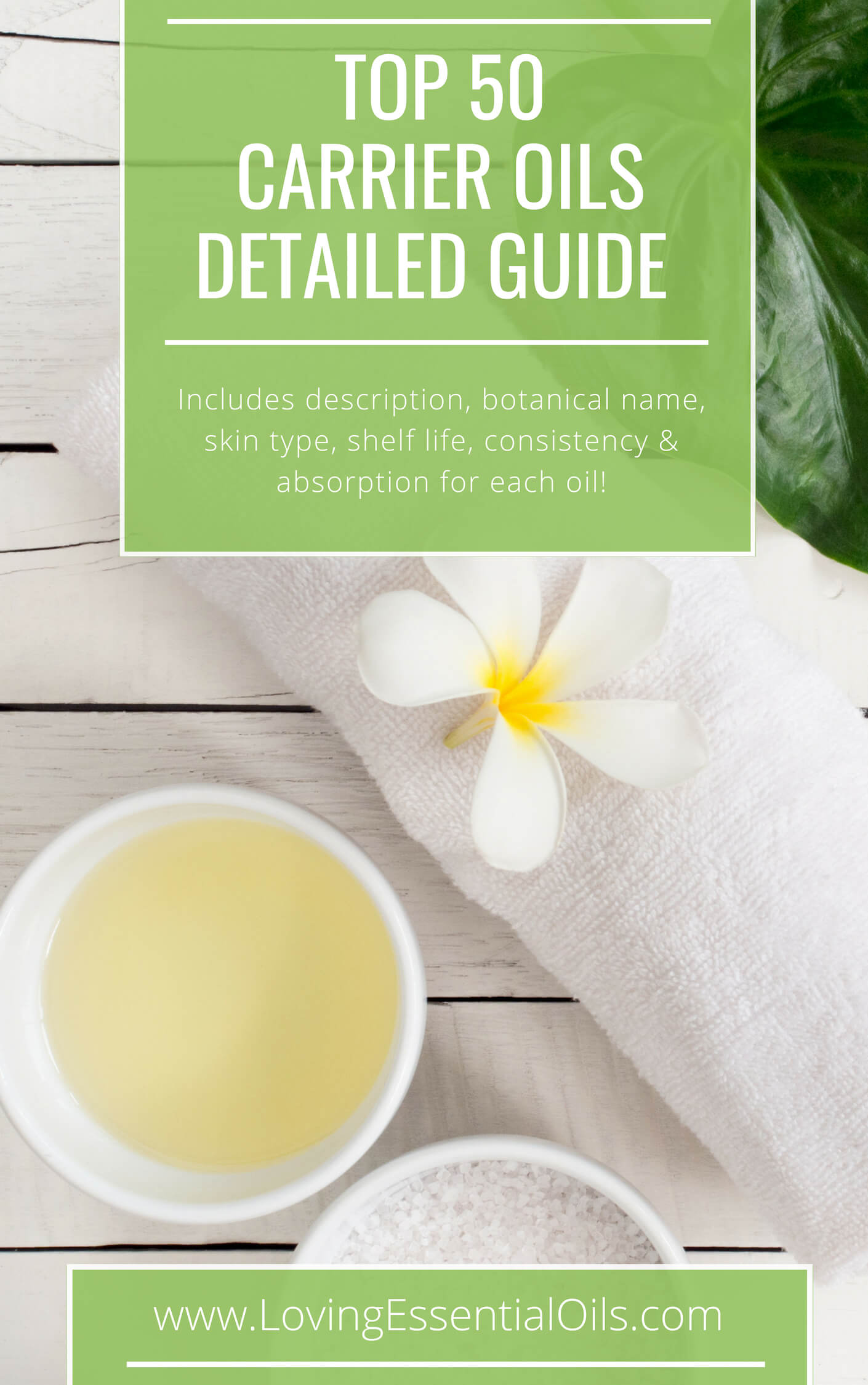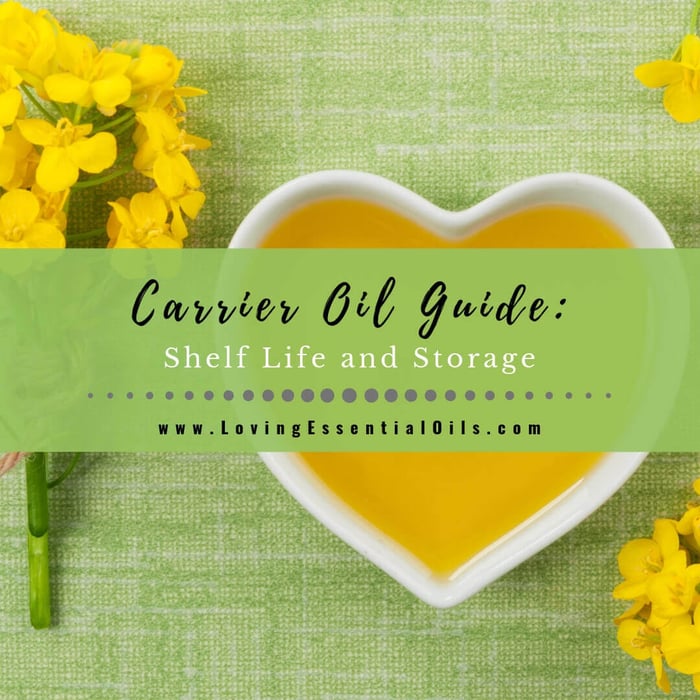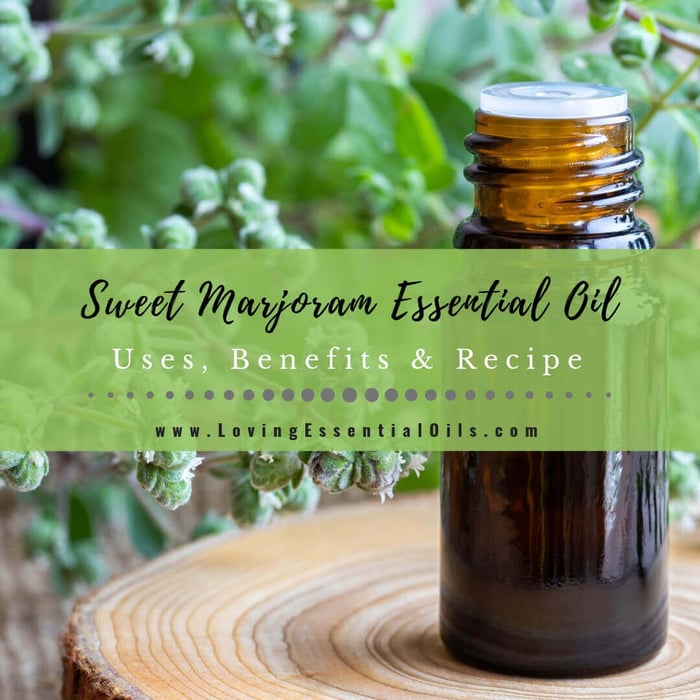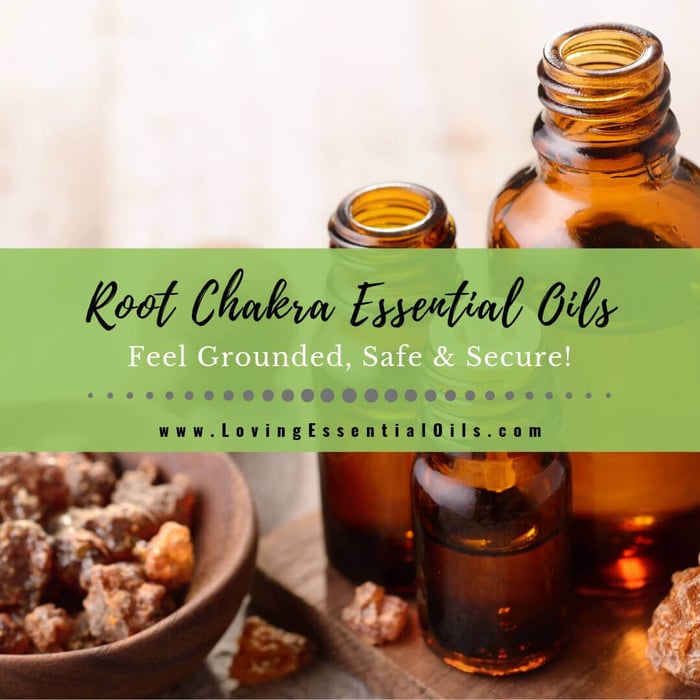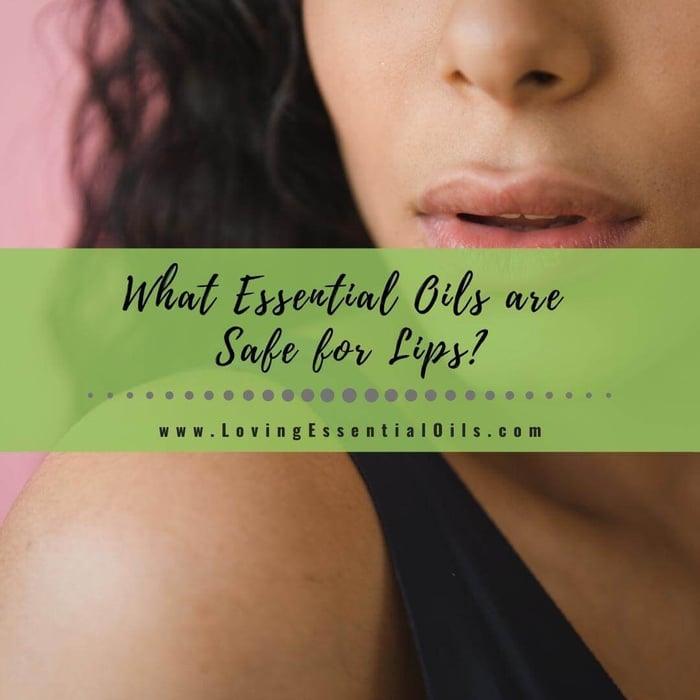What's the shelf life of carrier oils? Carrier oils are a must have for all essential oil users and aromatherapy enthusiasts. They also offer amazing benefits that compliment the essential oils they carry.
Let’s take a closer look at what carrier oils are, their shelf life, and storage tips to keep your carrier oils as beautiful and beneficial as possible.
Carrier Oil Safety Guide
When you buy a carrier oil, it is fresh and ready to use. But when should we throw it out?
A good rule of thumb is to check your bottle for an expiration date or sell-by date. If there isn't one on the label then you will have to determine this and our carrier oil guide can help. Even if there is an expiration date, your carrier oil can go bad before then if not cared for properly.
“A thing of beauty a joy forever: It’s loveliness increases; It will never pass into nothingness.” -John Keats
While I like the sentiment that Keats was going for in the above poem…
It’s obvious that he never had the pleasure of using carrier oils.
Yes… carrier oils are a thing of beauty.
Yes… carrier oils increase our skin’s loveliness.
BUT… when not taken care of properly, carrier oils certainly do “pass into nothingness”.

What are Carrier Oils?
A carrier oil is a vegetable oil made from the fatty portion of a plant, usually from the seeds, nuts, or kernels. Carrier oils are frequently used with essential oils. Sometimes they are also called base oils, or fixed oils.
Each carrier oil has a different combination of health benefits and therapeutic properties. Depending on the benefit or characteristic being sought will determine the choice of carrier oil.
They range from being used as a natural moisturizer to being used in aromatherapy treatments. You can also use them to make your own beauty products at home!
There are many different types of carrier oils that can be used for different purposes. For example, coconut oil is an excellent carrier oil for people who want a natural moisturizer for their skin. It has many benefits such as its ability to penetrate the skin easily and it is less greasy than other carrier oils like olive oil.
Popular carrier oils for essential oils include:
Carrier oils have many uses and benefits depending on the type of carrier oil that you use.
| Sweet Almond Oil | Fractionated Coconut Oil |
| Jojoba Oil | Argan Oil |
| Olive Oil | Grapeseed Oil |
| Avocado Oil | Virgin Coconut Oil |
Read about our Top 5 Fan Favorite Carrier Oils for Essential Oils
What is the Shelf Life of Carrier Oils?
The shelf life of carrier oils largely depends on how its treated and stored (more on that later).
However, when you take great care of your carrier oils… you will certainly be able to use it to its fullest extent and get its maximum benefits!
As you read above, each carrier oil has its own properties and benefits but when they aren’t taken care of properly, they lose their usability and potency.
Some carrier oils (like borage oil) have a short shelf life, only 6 months. Other oils have a long shelf life, like jojoba oil. Be sure to get our FREE 50 Carrier Oils Detailed Guide below, it includes shelf life for each individual oil.
Next, let’s take a closer look at how to properly store carrier oils.

The Four Factors of Carrier Oil Shelf Life
The main factors to think about when storing your carrier oils are controlling the:
| Temperature | Age |
| Light Exposure | Oxidation |
If you keep these four factors in check as outlined below… your oils should last the full extent of their shelf life!
1. Oxidation (Air Exposure):
Carrier oils are susceptible to oxidation when in contact with air. The rate of oxidation depends on the type of oil, the amount of oxygen present, and the temperature. The higher the temperature and the greater the exposure to oxygen, the faster the oil will oxidize.
3. Temperature:
As noted above, heat can speed up the oxidation process and deteriorate the therapeutic benefits.
3. Light Exposure:
Another factor that contributes to the oxidation of carrier oils is light. The more light an oil is exposed to, the more quickly it will oxidize.
4. Age:
The age of the oil also affects its shelf life. The older an oil is, the more prone it is to oxidation. Cleanliness is also something to think about because when carrier oils are contaminated with germs during use they can spoil.
Storage of Carrier Oils Tips and Tricks
When storing carrier oils, it is important to follow some simple steps to preserve their quality and help to extend their shelf life. They will help your oils stay fresh longer!
Here are some tips and tricks to follow at home:
1. Store carrier oils in smaller bottles
- Keep them in the smallest bottle possible as they are used
- Oxygen oxidizes the oil
- The more air the bottle contains the quicker the oil goes rancid
- Always transfer small amounts of oil into a small bottle (such as when there is only a few ounces left of a big bottle)
2. Always tighten the lid
- Loose lids let oxygen get into the bottle, which will make it go rancid quickly due to oxidation
3. Keep them clean
- Keep oils as pure as possible and avoid getting any water or moisture in them
- Always use clean utensils and accessories when removing oil from bottle or pouring carrier oil into a bottle
4. Store carrier oils in a cool dark place
- UV rays from direct sunlight break down the oil quickly
- Sunlight will cause the oil to go rancid faster
- Avoid heat as it speeds up the oxidation and will turn your oils
- Keep carrier oils in dark bottles
- Store them in the fridge, it’s cool, it’s dark…and it’s the best place to store carrier oils to extend their shelf life!
By following these tips you will be able to enjoy your carrier oils as long as possible and reap all of their amazing benefits!

What is the Shelf Life of Jojoba Oil?
Does jojoba oil expire? Jojoba oil is known for its shelf life. It has a long shelf life of 2-3 years, which means that you can buy it and have it ready to go for all of your beauty needs. One thing some people don't know about jojoba oil is that it's perfect for use in DIY essential oil recipes and aromatherapy blends!
It is important to keep your jojoba oil in a cool, dark place, and avoid storing it near heat sources.
Jojoba oil can be used for so many things:
- moisturizing dry skin
- removing makeup
- healing cuts faster
- soothing sunburns.. and so much more!
What is the Shelf Life of Fractionated Coconut Oil?
Fractionated coconut oil has a shelf life of about two years, but this will depend on how it is stored. If your fractionated coconut oil has an off smell, you should not use it because this could indicate that the product is rancid.
Fractionated coconut oil is a great natural moisturizer that can be used all over your body. This type of coconut oil is created by using an extraction process where the long-chain fatty acids are removed, leaving behind only the medium-chain fatty acids.
What is the Shelf Life of Sweet Almond Oil?
Sweet almond oil is made from the nuts of the sweet almond tree. It has a shelf life of about 2 years when stored in a cool, dry place.
Almond oil is a great, natural way to moisturize your skin. It's also an effective treatment for dry skin, eczema and psoriasis. Almond oil is rich in Omega 3s which are key in the production of healthy skin cells.
You can use sweet almond oil as a carrier oil when applying essential oils or use it on its own for daily moisturizing.
Top 50 Carrier Oil Detailed Guide
Get our Complete List of Carrier Oils Detailed Guide for free! This guide includes 50 Carrier oils complete with description, botanical name, skin type oil is best for, shelf life, consistency of oil, and absorption information.
Share on Pinterest
